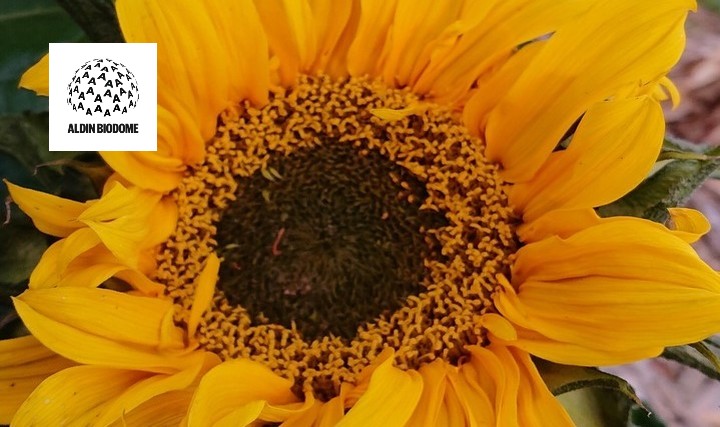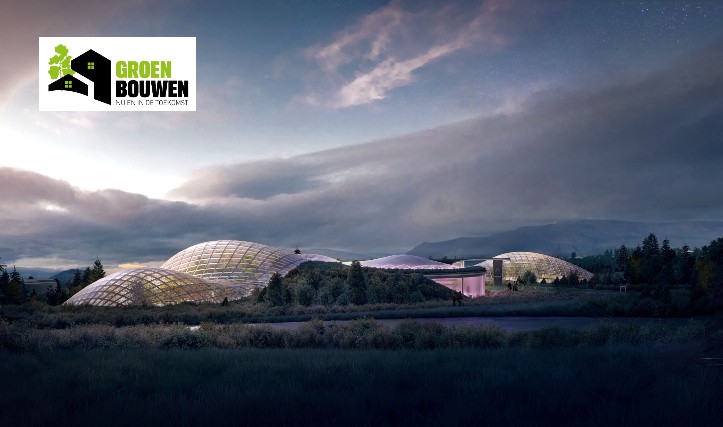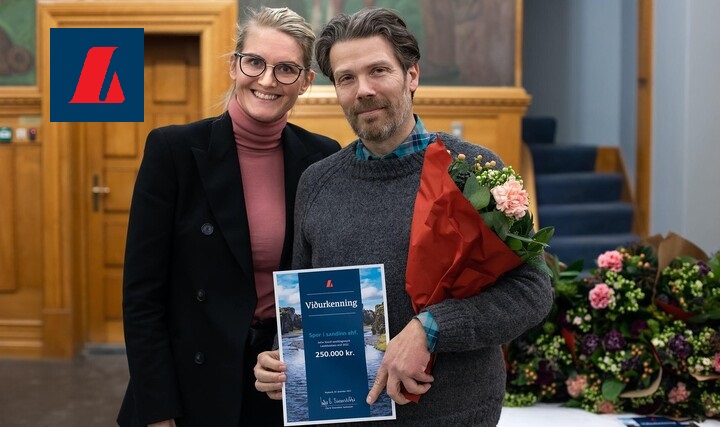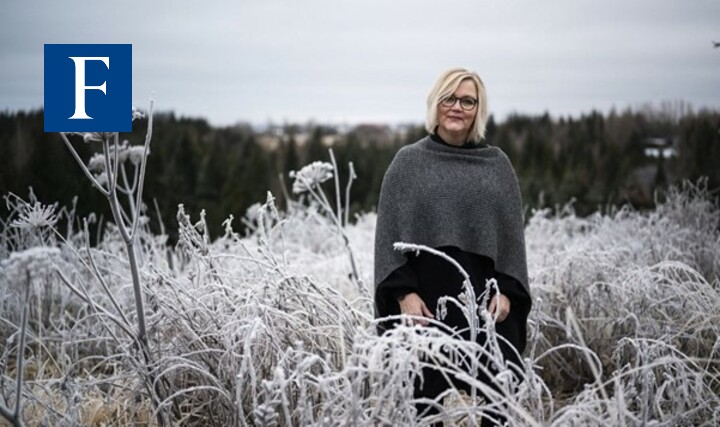Undergraduate project supported by the Student Innovation Fund
By Karen Rós Róbertsdóttir, horticulture student.
Abstract
Large quantities of low-grade hot water are abundant in numerous locations, particularly as a byproduct of power generation. Disposal of such water is generally harmful to the environment (thermal pollution), and allowable discharge rates can become limited during periods of low river flow. Low-grade warm water is particularly abundant per-capita in Iceland, where geothermal wells and power plant outflows are used for a municipal heating system, being discharged at around 30°C. At the same time, while all temperate regions suffer from reduced cultivation potential in cold weather, high-latitude locations such as Iceland experience cool or cold weather during the entire year, significantly reducing cultivation options. Lower-grade heat, however, has reduced potential for maintaining soil temperature relative to higher-grade heat. Consequently, we established a programme to investigate the impacts of (and optimal configurations for) use of thermal wastewater in cultivation with insulated beds. This year marks the first year that the garden has been available for full-year cultivation experiments and allows us to continue the experiments with perennials of last year. While last fall showed promise for the use of this abundant resource, this year should allow us to draw much stronger conclusions and test hypotheses that arose during the previous year.
Keywords: geothermal, thermal pollution, wastewater, heat, soil heat, root stimulation, growing season, cold-climate agriculture, Iceland





